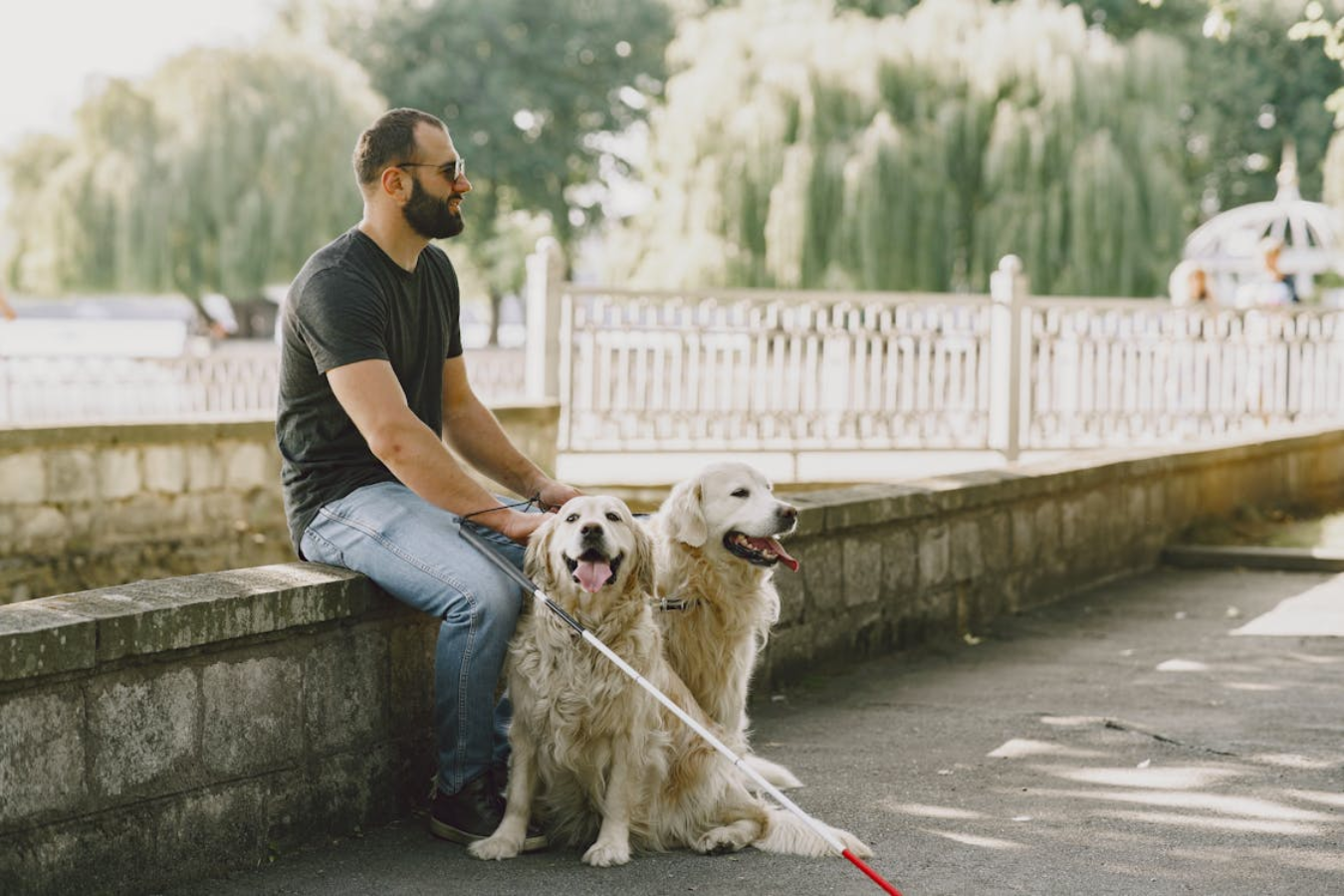Have you ever done the exercise of putting yourself in the shoes of a blind person? If it already seems complicated to us to have to carry out everyday activities without our sense of sight, imagine going on a trip.
It turns out that these target is much less likely to leave its comfort zone on vacation than people with other disabilities.
For starters, they can't drive a car, so they have no choice but to use public transportation if they want to travel alone. In doing so, they encounter many barriers, such as difficulty hearing audio announcements, getting around in highly congested areas, or finding the right bus. Fear of missing out on information is one of their main causes of anxiety when traveling.
Reducing inequalities, one of the UN Sustainable Development Goals.
Increasingly, we see that public transport is being adapted for people with disabilities, such as those who use wheelchairs. Stairs are being replaced by ramps, reserved spaces are being created for these people and staff are being educated about their needs.
However, sometimes we forget that disabilities are varied and, just as there are people who need wheelchairs, there are also people who need a guide dog. The question is, are the means of transportation adapting to the use of guide dogs?

There are many studies detailing the benefits of guide dogs for blind people. They increase their independence and mobility, give them more self-confidence and valuable companionship. For this reason, many opt for the help of these well-trained animals. Even so, having a guide dog is not without its responsibilities and challenges, as the dog's presence can increase discrimination and barriers encountered in society.
From a study carried out in the UK of 27 blind people with guide dogs, we draw the following results from their experiences of the challenges encountered by the interviewees when they went on a trip.
Denial of services
In the UK there is a law that prohibits taxis from refusing service to people traveling with a guide dog, unless the driver has a medical certificate to justify them. However, in practice this is not enforced, with the vast majority of interviewees reporting that they were often refused this service.
“I called for a cab, I said the usual, and the woman said, ‘Oh, no, we can't give you a cab, the driver won't accept a guide dog.’ And I said, 'You're breaking the law,' 'Well, I don't care, the driver won't accept a dog.' I really, really would do anything to avoid using a cab.”
“I used to use Uber before, when I got my guide dog, I realized that the dog is a problem 75% of the time. The Uber driver stops, sees the dog, cancels and leaves.”
Lack of staff training
The knowledge that transportation service staff have about guide dogs can be a determining factor in the blind person's experience. Unfortunately, stories highlighting inadequate staff training were common in the interviews.
“They kept telling me that I didn't have the proper paperwork to take the dog. But when I asked them what documentation I needed, they couldn't tell me.”
“The biggest burden and the biggest inconvenience to travel is the airport staff, who are not properly trained. You get to the counter and they say, 'Oh, I've never seen a guide dog, I'll go check with my supervisor' and they disappear, leaving you standing there.”
Online booking
Access to services is often not adapted to people accompanied by a guide dog. Many interviewees complained about how difficult it is to make online reservations.
“The worst thing is booking for the guide dog, because you can go online and book the trip for you and your partner, but no one has an online booking process for a guide dog. So you have to call them on the phone and tell them. It takes you at least half an hour longer.”
Dog welfare
Participants also noted deficiencies in understanding the welfare needs of dogs. Specifically, they pointed to the lack of spaces for dogs to relieve themselves.
“The airline makes up some rules that are out of reason. So, for example, KLM asked us at Amsterdam airport, flying to London City Airport, if we had a diaper for the dog.... a diaper!”













